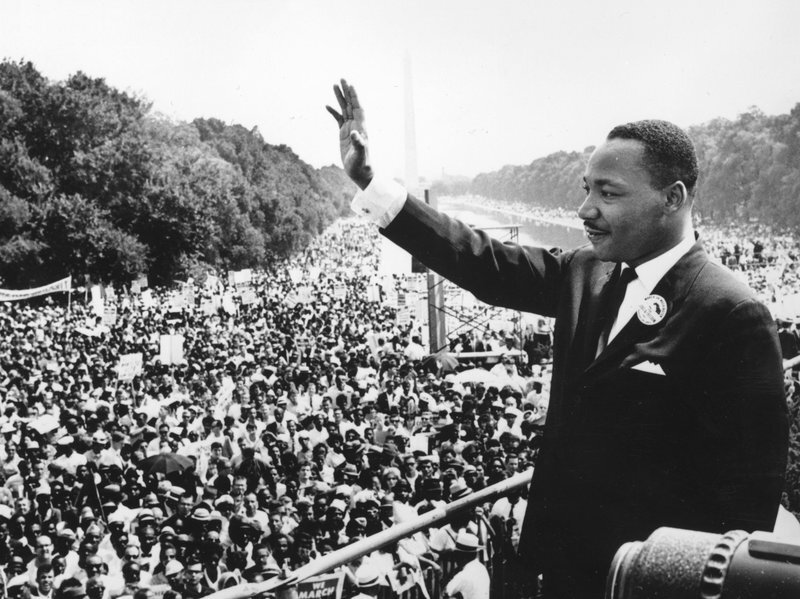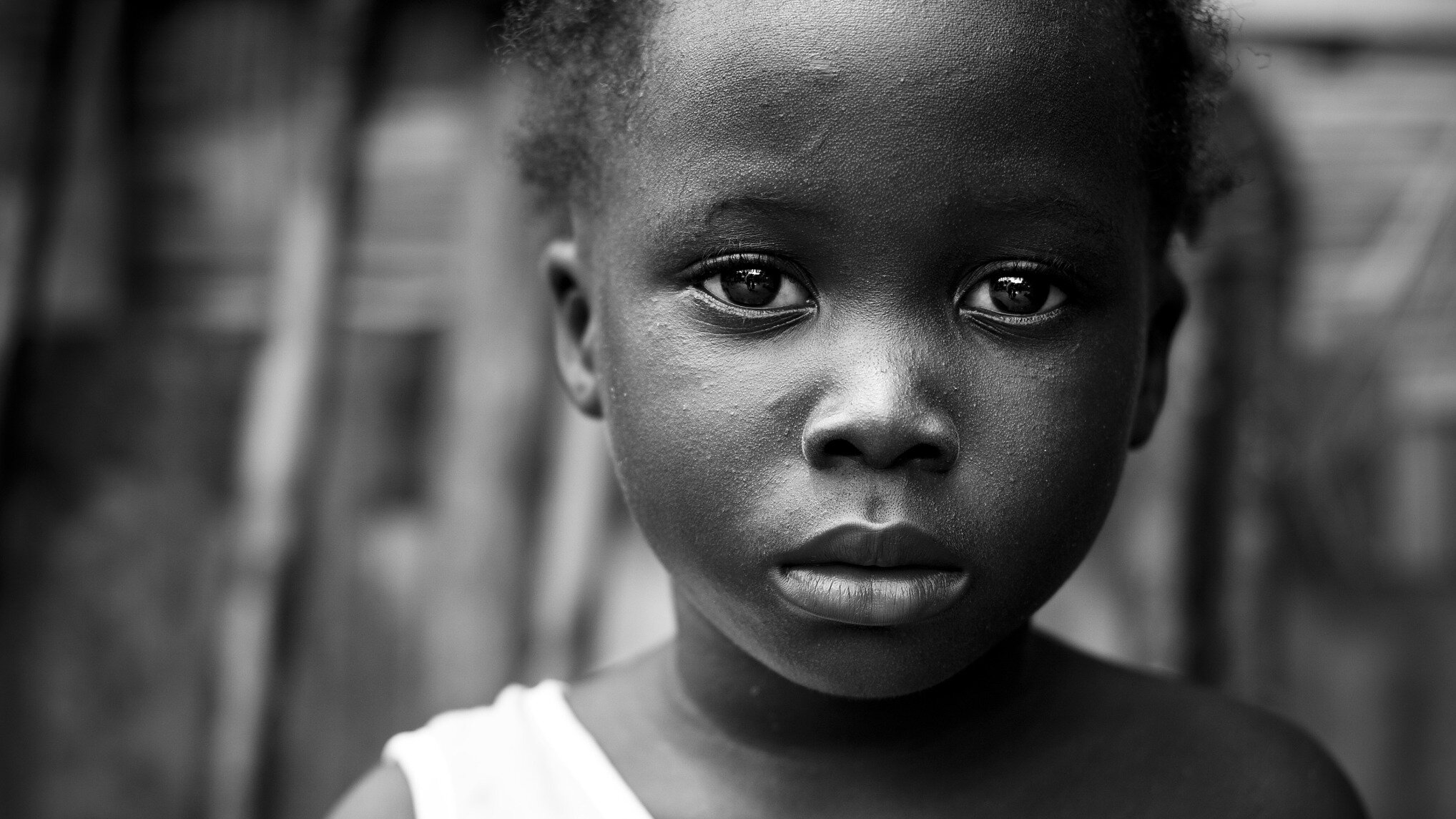
“Identifying, Educating and Empowering communites”
Human Right Articles
Article 1: Innate freedom and equality
All human beings are born free and equal in dignity and rights. They are endowed with reason and conscience and should act towards one another in a spirit of brotherhood.
Article 2: Ban on discrimination
Everyone is entitled to all the rights and freedoms set forth in this Declaration, without distinction of any kind, such as race, color, sex, language, religion, political or other opinion, national or social origin, property, birth or other status.
Article 3: Right to life
Everyone has the right to life, liberty and security of person.
Article 4: Ban on slavery
No one shall be held in slavery or servitude; slavery and the slave trade shall be prohibited in all their forms.
Article 5: Ban on torture
No one shall be subjected to torture or to cruel, inhuman or degrading treatment or punishment.
Article 6: Right to recognition as a person before the law
Everyone has the right to recognition everywhere as a person before the law.
Article 7: Equality before the law
All are equal before the law and are entitled without any discrimination to equal protection of the law. All are entitled to equal protection against any discrimination in violation of this Declaration and against any incitement to such discrimination.
Article 8: Right to effective judiciary
Everyone has the right to an effective remedy by the competent national tribunals for acts violating the fundamental rights granted him by the constitution or by law.
Article 9: Ban on arbitrary detention
No one shall be subjected to arbitrary arrest, detention or exile.
Article 10: Right to public hearing
Everyone is entitled in full equality to a fair and public hearing by an independent and impartial tribunal, in the determination of his rights and obligations and of any criminal charge against him.
Article 11: Right to the presumption of innocence
No one shall be held guilty of any penal offence on account of any act or omission which did not constitute a penal offence, under national or international law, at the time when it was committed. Nor shall a heavier penalty be imposed than the one that was applicable at the time the penal offence was committed.
Article 12: Right to privacy
No one shall be subjected to arbitrary interference with his privacy, family, home or correspondence, nor to attacks upon his honour and reputation. Everyone has the right to the protection of the law against such interference or attacks.
Article 13: Right to freedom of movement
Everyone has the right to freedom of movement and residence within the borders of each State.
Everyone has the right to leave any country, including his own, and to return to his country.
Article 14: Right to asylum
Everyone has the right to seek and to enjoy in other countries asylum from persecution.
This right may not be invoked in the case of prosecutions genuinely arising from non-political crimes or from acts contrary to the purposes and principles of the United Nations.
Article 15: Right to nationality
Everyone has the right to a nationality.
No one shall be arbitrarily deprived of his nationality nor denied the right to change his nationality.
Article 16: Right to marriage and family
Men and women of full age, without any limitation due to race, nationality or religion, have the right to marry and to found a family. They are entitled to equal rights as to marriage, during marriage and at its dissolution.
Article 17: Right to own property
Everyone has the right to own property alone as well as in association with others.
No one shall be arbitrarily deprived of his property.
Article 18: Right to own property
Everyone has the right to own property alone as well as in association with others.
No one shall be arbitrarily deprived of his property.
Article 19: Right to freedom of thoughts and religion
Everyone has the right to freedom of opinion and expression; this right includes freedom to hold opinions without interference and to seek, receive and impart information and ideas through any media and regardless of frontiers.
Article 20: Right to freedom of assembly and association
Everyone has the right to freedom of peaceful assembly and association.
No one may be compelled to belong to an association.
Article 21: Right to take part in government
Everyone has the right to take part in the government of his country, directly or through freely chosen representatives.
Everyone has the right to equal access to public service in his country.
Article 22: Right to Social Security
Everyone, as a member of society, has the right to social security and is entitled to realization, through national effort and international co-operation and in accordance with the organization and resources of each State, of the economic, social and cultural rights indispensable for his dignity and the free development of his personality.
Article 23: Right to work
Everyone has the right to work, to free choice of employment, to just and favourable conditions of work and to protection against unemployment.
Everyone, without any discrimination, has the right to equal pay for equal work.
Article 24: Right to rest
Everyone has the right to rest and leisure, including reasonable limitation of working hours and periodic holidays with pay.
Article 25: Right to adequate standard of living
Everyone has the right to a standard of living adequate for the health and well-being of himself and of his family, including food, clothing, housing and medical care and necessary social services, and the right to security in the event of unemployment, sickness, disability, widowhood, old age or other lack of livelihood in circumstances beyond his control.
Article 26: Right to education
Everyone has the right to education. Education shall be free, at least in the elementary and fundamental stages. Elementary education shall be compulsory. Technical and professional education shall be made generally available and higher education shall be equally accessible to all on the basis of merit.
Article 27: Right to particpate in cultural life
Everyone has the right freely to participate in the cultural life of the community, to enjoy the arts and to share in scientific advancement and its benefits.
Everyone has the right to the protection of the moral and material interests resulting from any scientific, literary or artistic production of which he is the author.
Article 28: Right to social and international order
Everyone is entitled to a social and international order in which the rights and freedoms set forth in this Declaration can be fully realized.
Article 29: Duties and limitations
Everyone has duties to the community in which alone the free and full development of his personality is possible.
Article 30: Salvatory clause
Nothing in this Declaration may be interpreted as implying for any State, group or person any right to engage in any activity or to perform any act aimed at the destruction of any of the rights and freedoms set forth herein.






